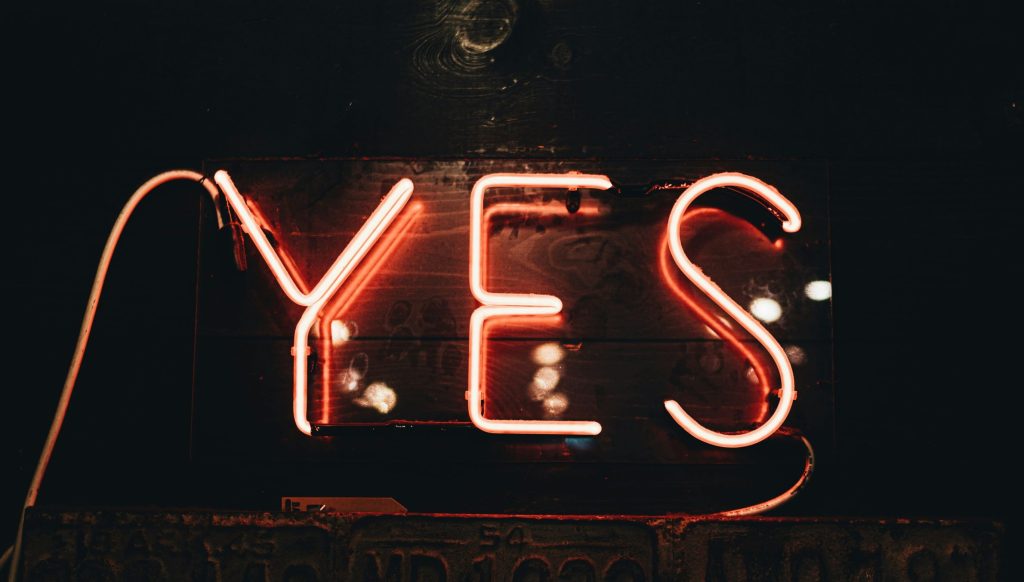Securing a “Yes”: from Nice I to Nice II

The Irish Government, particularly the prime minister Mr. Bertie Ahern, wanted to run the Nice referendum in June 2001 so that Ireland would be the first state to ratify the Treaty. This would get the referendum off the agenda before the 2002 national election. The Prime Minister did not think that he had a difficult or contentious referendum to fight. From his perspective, the Nice Treaty was a housekeeping treaty, largely technical, designed to facilitate enlargement. Given that the Irish electorate had ratified far more significant treaties in the past, a ‘yes’ vote was anticipated- see Table 1. The two Government parties were delusory in their approach and ran what could only be called a lack lustre campaign. It was left to the Prime Minister and the Foreign Minister to engage with the media and public on the issue. The remaining Government ministers were not active, nor were the main opposition parties. They were all more concerned with the forthcoming national election. Just three weeks were allocated to the campaign, which was clearly insufficient to engage in public education and persuasion.
By the time the Government realised that it had a problem, it was too late for remedial action. The opinion polls signalled support for the treaty albeit on a declining ‘yes’ vote. Although there were signs in the last week of the campaign that it might be defeated, most commentators still felt that it would be passed because all previous EU treaties were endorsed by decisive majorities. When the ballot boxes were opened on Friday the 5th of June 2001, a shock awaited the Irish Government, EU institutions and the candidate states. The treaty was defeated by 54% to 46% on a very low turnout of 34%. Ireland’s European policy was loose of its moorings. In the aftermath of the referendum, the Government was faced with a difficult external and domestic environment. Externally, the Government tried to assure its partners and the candidate states that it remained committed to the Union and that the defeat of the treaty was not a ‘no’ to enlargement. Domestically, the Government wanted to create the conditions that would allow it re-run the referendum without being accused of ignoring the will of the Irish people. Its domestic task was far more challenging than its external one.




